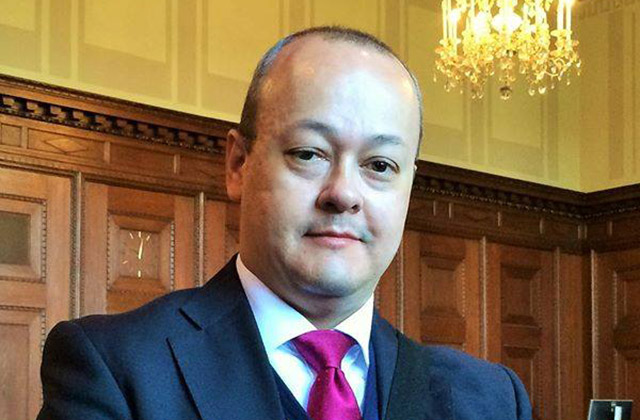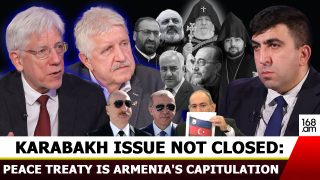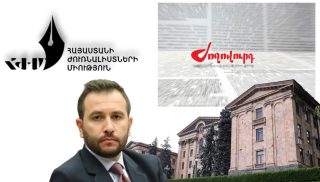Blood and politics

There can be no doubt anymore about one more United Nations failure. The old Security Council structure, in the last decades, had prevented effective solutions for humanitarian tragedies, as it occurred in Rwanda, Bosnia, Congo and, now, in Aleppo.
The weakness of the UN comes up to the surface of the water as an evident fact with the ongoing war in Syria.
If the West acted in Kosovo against the UN Security Council authorization some years ago, as a legitimate humanitarian intervention, why didn’t the international community do it again based on Chapter 7 of the UN Charter?
Now it is too late.
Countries prioritize their political interests to the detriment of innocent human lives, as it has been the case during all times.
All the countries involved in this terrible war are responsible for this unspeakable humanitarian tragedy. All of them bombed hospitals, humanitarian missions (MSF, white helmets etc.). All sides are responsible for the war crimes committed during the war, and still being committed against innocent civilians such as children, men and women.
The citizens and the governments all over the world must demand an urgent change and update action at the UN structure, especially on the Security Council, in the name of civilization and for the sake of the future of the world.
However, that’s something that is not likely to happen.
As it did not happen, a scared world watches again a massacre of innocent children, women and men who had never held weapons – all this is happening right now in Aleppo.
The crimes of war, crimes against humanity and even genocide are a day-by-day reality in this tragic war, watched alive by the media streaming services. The international community seems paralyzed and Impotent of taking any action to save thousands of people just waiting for their death warrant to drop on their heads.
This new tragedy is leading us to an unavoidable question: what is the United Nations Security Council for? Is it possible to make it more effective until the next war?
The reform of this structure (UN Security Council) needs urgency.
Without disregarding the importance of the geopolitical interests, they cannot be more important than the innocent human life.
The rupture of human dignity during the second world war and the holocaust was the main reason that justified the conception of the contemporary human rights protection global system.
If the war is the politics by other means, as Carl von Clausewitz put it, politics is the only one alternative for dialogue, especially under a critical borderline situation.
The rescue of the civilians surrounded by troops, the identification of war criminals, the support of the humanitarian missions and the preservation of the memory of this war through the disclosure of the reports, diaries of civilians and other kind of documents, the effectiveness of the transitional justice when this conflict come to an end – all these are indispensable instruments for the pacification of the region and for the reconciliation of the societies directly involved in this war.
The world did not pay attention to the Namas and Hereros extermination in Namibia in 1904; again, the world closed its eyes to the Armenian people’s genocide, between 1915-1923 – these are part of the reasons why the holocaust and the genocide of the sinti, roma, homosexuals happened in nazi Germany. All because the world was silent.
After this, when the world looked like it had learnt something, new genocides were practiced.
Nowadays, looking at the conflicts like the one in the Congo, in Yêmen and Syria, we can be sure about the human impotence of governments and their leaders.
But we need to glimpse and build the future, through memory and through brotherhood.
As Elie Wiesel put it, “Without memory, there is no culture. Without memory, there would be no civilization, no society, no future.”
Without dialogue and memory, there will not be civilization.
Professor Flávio de Leão Bastos Pereira
Mackenzie Presbyterian University, School of Law – São Paulo, Brazil.
Member of the roster of experts of the International Nuremberg Principles Academy.
Member of the International Network of Genocide Scholars (INoGS).
Member of the International Institute for Genocide and Human Rights Studes (IIGHRS)/Zoryan Institute/University of Toronto.
























